The Emotional Depth of Atreus A Look at His Growth in Ragnarök
In the world of video games, few characters resonate as profoundly with audiences as Atreus, the young son of Kratos in the critically acclaimed series "God of War." The release of "God of War Ragnarök" further expands on Atreus's journey, delving deep into his emotional complexities and personal growth. As players navigate through the stunning landscapes of the game, they witness Atreus grappling with his identity, responsibilities, and the looming threat of his own destiny. This exploration of Atreus not only enriches the narrative but also highlights the emotional depth that can be found in video game storytelling.
The Burden of Expectations
Atreus's growth in "Ragnarök" is heavily influenced by the expectations placed upon him by both his father, Kratos, and the external world. Throughout the game, Atreus struggles with the weight of being a demi-god and the actions required of him. The narrative skillfully illustrates his inner turmoil as he attempts to balance his sense of purpose with his desires for independence. This internal conflict is exceptionally relatable, resonating with anyone who has grappled with family expectations or their own sense of identity. Players witness Atreus transform from a child eager to please into a person who seeks to carve out his own path, emphasizing the universal theme of growth and self-discovery.
Facing the Past and the Future
As the story unfolds, Atreus confronts not only the past of his father but also his lineage and the role he is destined to play in the world. The emotional stakes rise as he learns more about his heritage and the implications that come with it. This cathartic exploration allows Atreus to delve deeper into his feelings about loss, legacy, and the cycle of violence that runs in his family. By doing so, the game provides a nuanced examination of how history impacts present choices, making Atreus’s journey even more compelling. "God of War Ragnarök" offers players a chance to see how confronting one's past can lead to understanding and ultimately growth, a lesson mirrored in Atreus’s evolving character arc.
The Complexity of Relationships
Atreus’s relationships throughout "Ragnarök" play a pivotal role in shaping his emotional landscape. The bond with his father is fraught with tension, love, and misunderstanding as both characters navigate their dual roles as father and son while grappled with their destinies. Meanwhile, Atreus's interactions with other characters reveal his capacity for empathy and friendship, contrasting beautifully with the conflict he feels with Kratos. As players witness these relationships unfold, they are reminded of the importance of connection and communication in understanding one another. Atreus's ability to grow through these dynamics illustrates how emotional depth is forged through relationships, a theme that is beautifully highlighted in "God of War Ragnarök."
The Broader Implications of Atreus’ Journey
Atreus's journey in "God of War Ragnarök" ultimately showcases the potential for emotional growth inherent in each of us. By confronting inner struggles and navigating complex relationships, Atreus evolves from a dependent child into a more confident young adult ready to face the challenges ahead. This change not only signifies his character's depth but also reflects the broader themes of growth and resilience. His story resonates with players, prompting them to reflect on their own paths of development. The emotional depth of Atreus not only enriches the personal narrative within the "God of War Ragnarök" store but also stands as a testament to the power of storytelling in the gaming landscape, where characters can evolve alongside players in their journey of self-discovery.









